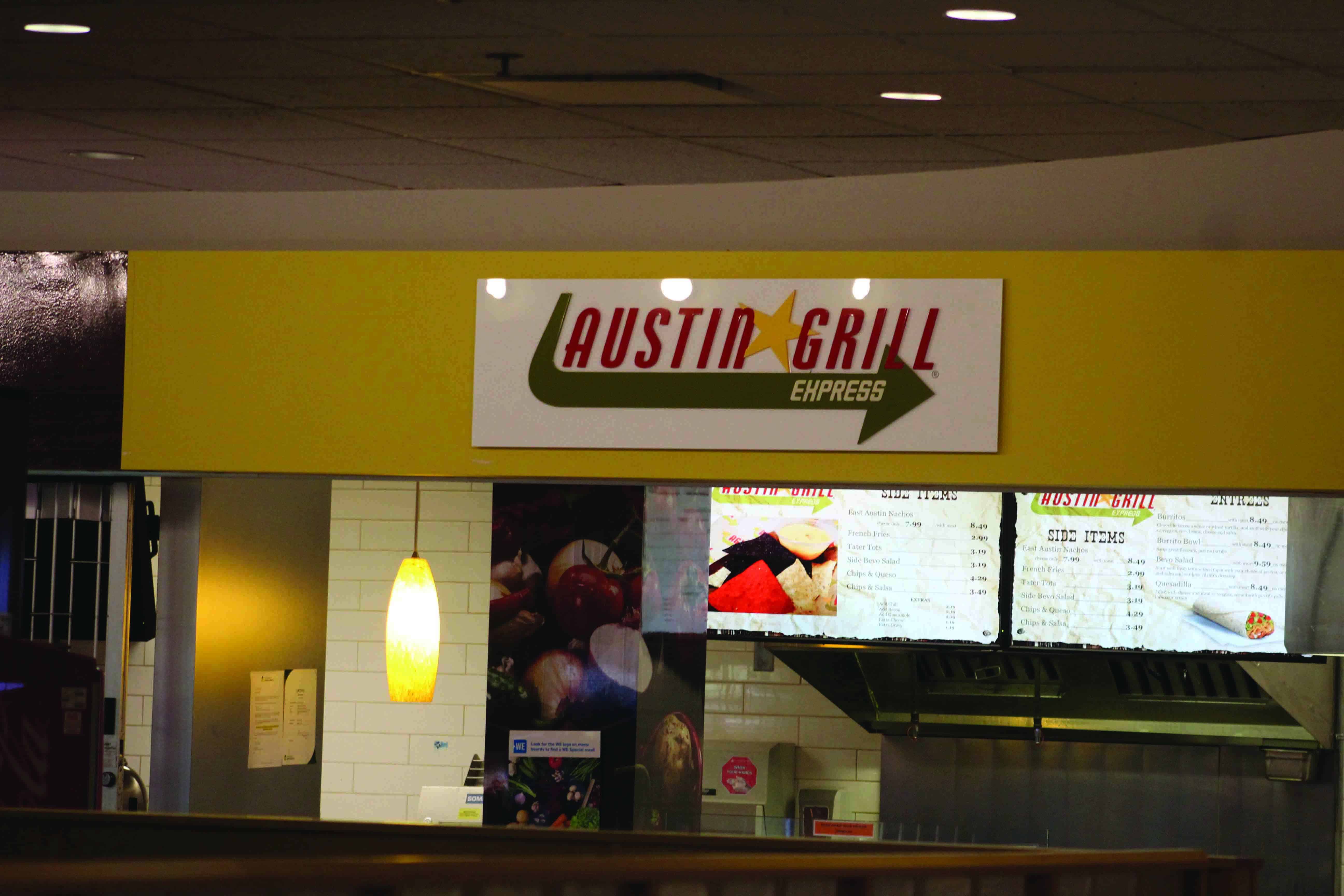The bigger problem of food on campus

author: julian wotherspoon | contributor

Via C d solliers international brochure
In February, The University of Regina announced that it would not be renewing its current food services contract with Chartwells. This news was definitely a relief for many – from a history of mislabelling Halal meats, to the near–constant reports of pest infestation, to the high cost and limited after-hours availability of food on campus, the university’s relationship with Chartwells has not been a happy one for the students who live and study here.
So, what does this new tendering process mean for U of R students? Well, in our own experience as a campus community, the coming changes are likely to be in name only. The University of Regina has released a tender which outlines the services they would like another company to take over in Chartwells’ absence. The introductory portion of this tender uses a lot of flowery language about sustainability, cultural diversity, Indigenization, and affordability, yet in laying out the requirements for proposals, it ultimately asks for nothing more of the next company than was asked of Chartwells. So, will a change in contract mean real changes to our food systems on campus? Not likely.
We’ve been here before. In 2011, when Chartwells took over campus food services from Aramark, students hoped that the quality, affordability, and after-hours availability of food service on campus would improve. Now, eight years later, we’ve all got the same complaints. It’s almost as if the name on the contract has little to do with the quality of food service that is possible under the current private for-profit model of food service provision on our campus.
The underlying problem here is that the current model of food service provision on our campus is not concerned with students, our health and safety, or our quality of life. It is certainly not concerned with Indigenization or providing culturally appropriate meal options, either. What it is concerned with is maximizing profits for whatever company signs the contract; the agreements these companies sign with universities ensure a monopoly and a captive consumer base, which eliminates the need to keep prices low or ensure a quality level that will keep consumers coming back.
At the end of the day, students who live here will be paying $2,657 to $3,686 per semester for meal cards, whether they want to or not, and students who aren’t tied to prepaid meal plans will have few other options on campus. The likes of Chartwells, Aramark, or Sodexo, need only meet the barest minimum of standards while setting whatever price-point they can to maximize their profit. No matter what company takes over the food service provision on our campus, not one of these companies has any motivation to prioritize the well-being of students over the money.
This is not a problem that is specific to the University of Regina. Many post-secondary campuses across the country have a similar private for-profit model of food service delivery. Most campuses have deals with one of “The Big Three” – Chartwells, Aramark, or Sodexo – and many, like the University of Regina, have cycled through these three with the same frustrating results. We get high-priced, low-quality food systems that are bad for students, bad for food service workers, and bad for the environment. But it doesn’t have to be this way.
Students like those at the Concordia Food Coalition have organized to demand better of their food service agreements while taking over portions of the contracted services with student-run food co–ops which focus on affordability, health, and fair working conditions. The University of Winnipeg has turned its food service provision to a non-profit organization focused on affordability and sustainability. Others, like our own federated colleges and the University of Victoria, have moved their food service provision in-house, an arrangement that isn’t always perfect, but which affords more transparency and community control over procurement, nutrition, sustainability, and cost.
For now, the University of Regina seems content to continue hoping that a different food service provider will magically result in a better food system. It is unclear how the university will go about selecting a new service provider once the proposals are in, but if past experience tells us anything, the process will likely not include any student consultation or representation in the decision–making process. Considering that students who live in residence have no choice but to purchase food plans from the university’s chosen service provider, isn’t it time to bring student voices to the table?








